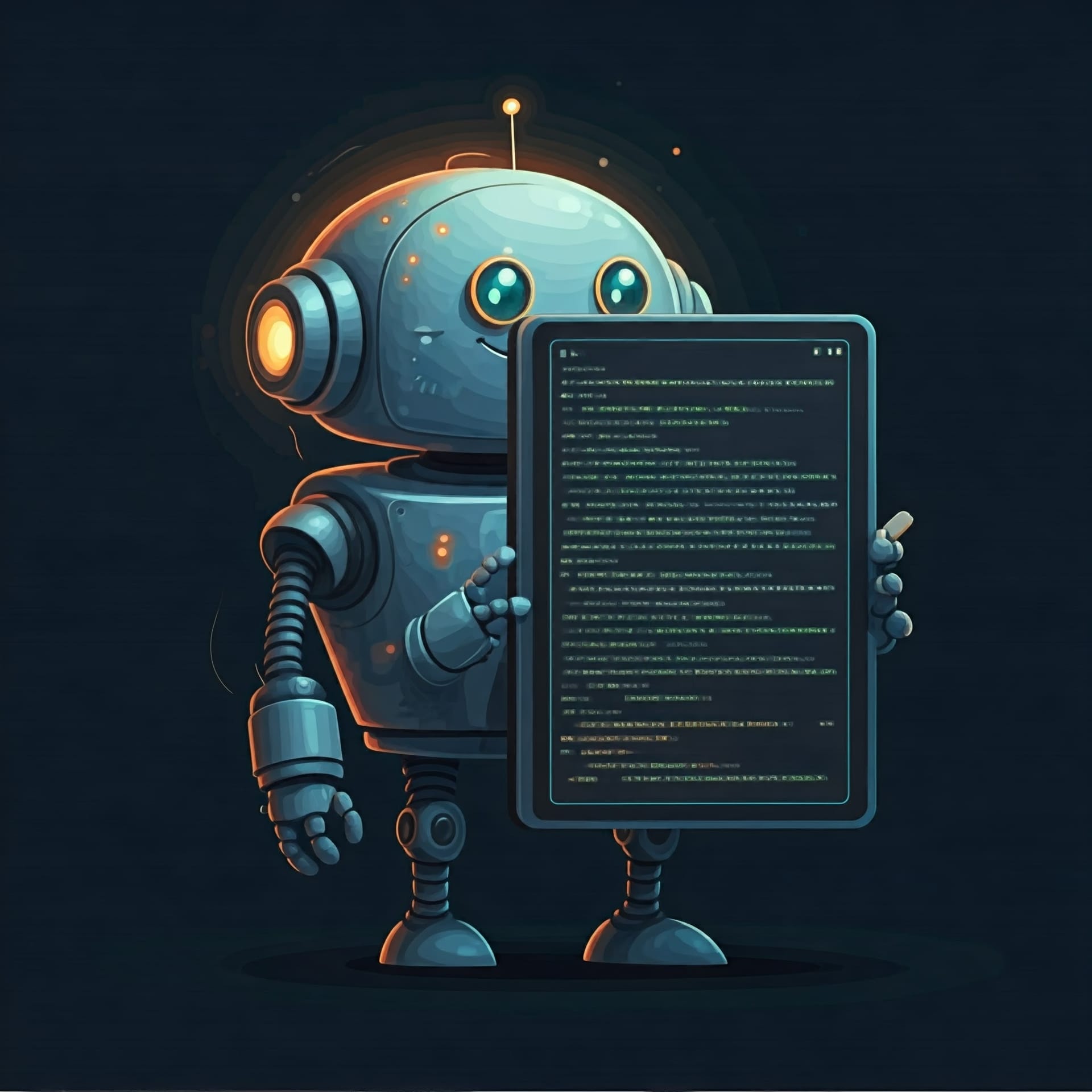Picture this: You're a coder, sitting at your desk, fingers poised over the keyboard, ready to craft the next big app. Suddenly, an AI whispers in your ear, "Hey there, hot stuff. Need a hand with that algorithm?" Welcome to the brave new world of AI-assisted coding, where your digital sidekick is part personal assistant, part know-it-all, and part existential crisis inducer.
The Honeymoon Phase
Let's face it, AI has swept us off our feet faster than a rom-com protagonist. It's like having a super-smart, never-sleeping, coffee-fueled coding buddy who doesn't steal your snacks. AI-powered tools are revolutionizing the way we write code, offering suggestions, catching bugs, and even generating entire functions faster than you can say "Stack Overflow".
Autocomplete on Steroids: Remember when autocomplete was just for finishing your "print('Hello, World!')" statements? Now, AI can predict entire code blocks, making you feel like a coding psychic. It's like having a crystal ball, but instead of seeing the future, you're seeing the perfect implementation of that tricky sorting algorithm.
Bug Exterminator Extraordinaire: AI doesn't just help you write code; it's also your personal pest control for bugs. These tools can spot potential issues faster than you can spill coffee on your keyboard, saving you hours of debugging and preserving your remaining sanity.
The "It's Complicated" Status
But as with any whirlwind romance, reality soon sets in. Is AI here to complement our coding skills or render them obsolete? It's time to address the elephant in the room (or should we say, the robot in the IDE?).
The Skill Atrophy Conundrum: With AI doing the heavy lifting, are we at risk of becoming the coding equivalent of a couch potato? There's a real concern that over-reliance on AI might lead to a generation of developers who can't code their way out of a paper bag without their silicon sidekick.
The Creativity Quandary: While AI excels at following patterns and rules, it might struggle with those "Eureka!" moments that lead to groundbreaking innovations. There's an art to coding that goes beyond syntax and logic – the question is, can AI truly replicate human creativity and intuition?
Finding the Sweet Spot
Like any good relationship, the key is balance. AI in coding isn't about replacement; it's about enhancement. Think of it as a dance partner, not a solo act.
Embracing the Symbiosis: The most successful coders of the future will likely be those who know how to waltz with AI, leveraging its strengths while maintaining their own critical thinking and problem-solving skills. It's about knowing when to let AI take the lead and when to cut in.
Continuous Learning: The New Normal: In this AI-powered coding world, adaptability is your best friend. Staying relevant means constantly updating your skills, learning new technologies, and understanding how to best collaborate with your AI tools.
The Plot Twist
Here's a mind-bending thought: As we teach AI to code better, we're essentially teaching it to improve itself. Are we unknowingly creating the ultimate "teach a person to fish" scenario, where the fish learns to build its own fishing rod factory?
In conclusion, the relationship between AI and coding is neither a simple love story nor a tale of rivalry. It's a complex, evolving partnership that's redefining what it means to be a programmer. As we navigate this brave new world, one thing's for sure: the future of coding is going to be anything but boring.
So, fellow coders, embrace your AI assistants, but don't forget to flex those human brain muscles too. After all, in the grand rom-com of tech, we're aiming for a happy ending where both human and artificial intelligence live happily ever after – or at least until the next software update.
